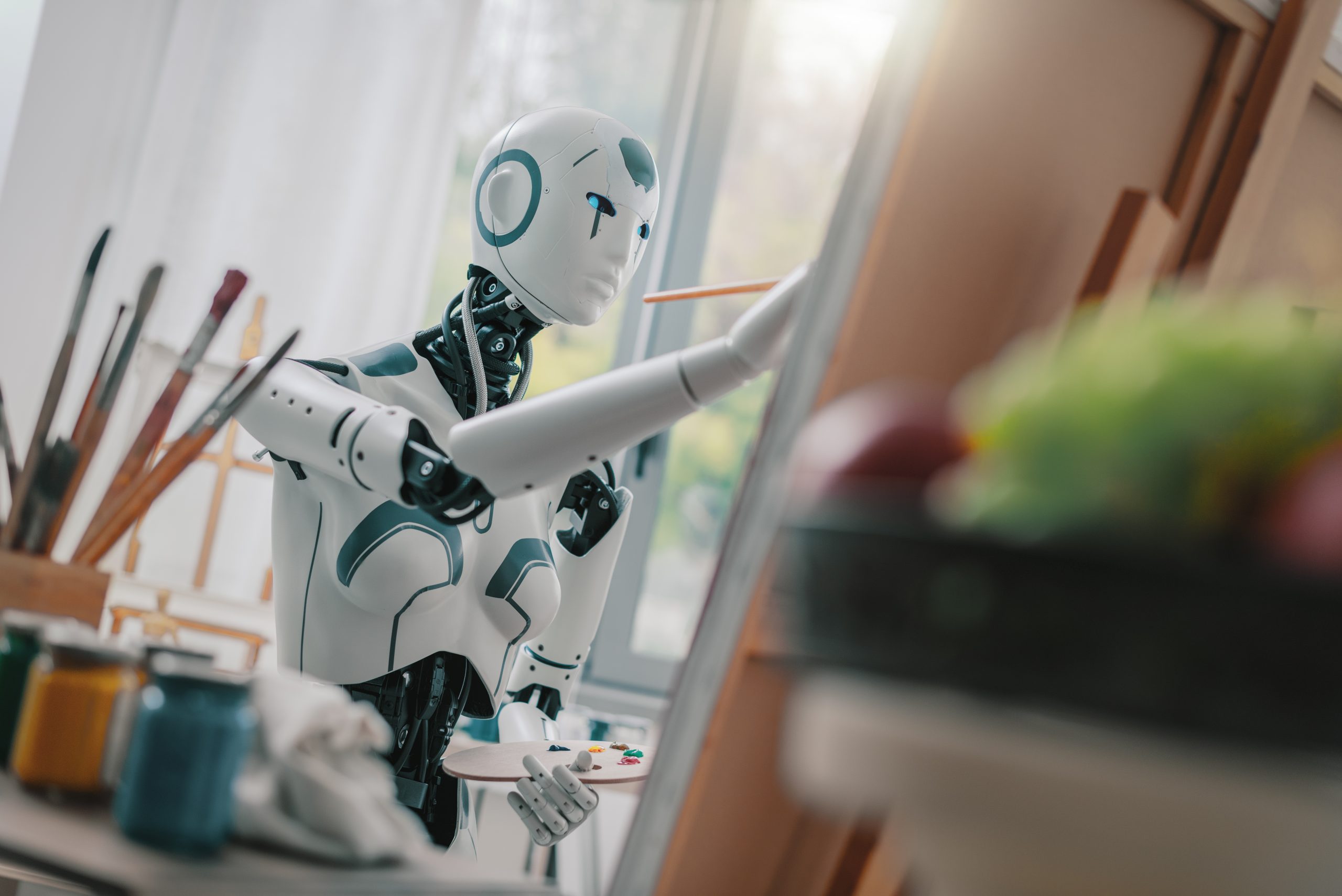Artificial Intelligence (AI) is rapidly transforming various sectors in China, driving innovation and changing the way businesses operate and people live. As the world’s second-largest economy, China has made significant strides in AI development, positioning itself as a global leader in this cutting-edge technology. This article explores the key areas where AI is making a profound impact in China and how this technological revolution is shaping the future.
AI in Healthcare: Revolutionizing Medical Services
One of the most promising applications of AI in China is in the healthcare sector. AI technologies are being utilized to improve diagnostic accuracy, streamline hospital operations, and enhance patient care. For instance, AI-powered diagnostic tools can analyze medical images and detect conditions such as cancer with high precision, often surpassing the accuracy of human doctors.
Moreover, AI is being used to manage patient data and predict disease outbreaks, enabling healthcare providers to respond more effectively. The integration of AI in telemedicine has also become increasingly popular, providing remote consultations and treatment plans, which is particularly beneficial in rural areas with limited access to medical facilities.
AI in Education: Personalized Learning Experiences
The education sector in China is also experiencing a significant transformation due to AI. Personalized learning platforms that use AI algorithms are helping students learn at their own pace and according to their unique needs. These platforms analyze students’ performance data to identify strengths and weaknesses, providing customized resources and exercises to improve learning outcomes.
Furthermore, AI-powered tools are aiding teachers in managing classrooms more efficiently by automating administrative tasks and offering insights into student progress. This allows educators to focus more on teaching and less on paperwork.

AI in E-commerce: Enhancing Customer Experience
China’s e-commerce giants, such as Alibaba and JD.com, are leveraging AI to enhance the customer shopping experience. AI algorithms are used to analyze consumer behavior, enabling personalized product recommendations and targeted advertising. This not only improves customer satisfaction but also drives sales by presenting users with products they are more likely to purchase.
AI is also streamlining logistics and supply chain management. For example, automated warehouses and delivery drones are becoming commonplace, reducing delivery times and operational costs.
AI in Finance: Smarter Banking and Investment
The financial sector in China is adopting AI to offer smarter banking solutions and investment strategies. AI-driven chatbots provide customer service, handling routine inquiries and transactions efficiently. In investment, AI algorithms analyze vast amounts of data to predict market trends and optimize investment portfolios.
Moreover, AI is enhancing fraud detection and risk management. By analyzing transaction patterns, AI systems can identify unusual activities and prevent fraudulent transactions, thereby ensuring greater security for financial institutions and their customers.
AI in Smart Cities: Building Sustainable and Efficient Urban Areas
China is investing heavily in the development of smart cities, where AI plays a crucial role in improving urban living. AI technologies are being used to optimize traffic management, reducing congestion and pollution. Smart surveillance systems enhance public safety by monitoring and analyzing real-time data to detect and respond to incidents swiftly.
Additionally, AI is contributing to energy management in smart cities. Intelligent systems regulate energy usage in buildings, ensuring efficient consumption and reducing waste.
The Future of AI in China
As China continues to invest in AI research and development, the potential applications of this technology are limitless. The government’s supportive policies and initiatives, such as the “New Generation Artificial Intelligence Development Plan,” aim to make China a world leader in AI by 2030.
With continuous advancements, AI is set to drive significant economic growth, improve quality of life, and address some of the world’s most pressing challenges. For businesses and individuals alike, staying abreast of AI developments is essential to leveraging its benefits and staying competitive in a rapidly evolving technological landscape.
The rise of AI in China is not just a technological trend but a transformative force reshaping various aspects of life and industry. From healthcare and education to e-commerce and finance, AI’s impact is profound and far-reaching. By embracing AI, China is paving the way for a future where technology and innovation drive progress and prosperity.
Stay tuned to Bridges.TV for the latest updates and in-depth analyses on how AI and other technological advancements are shaping the future in China and beyond.














